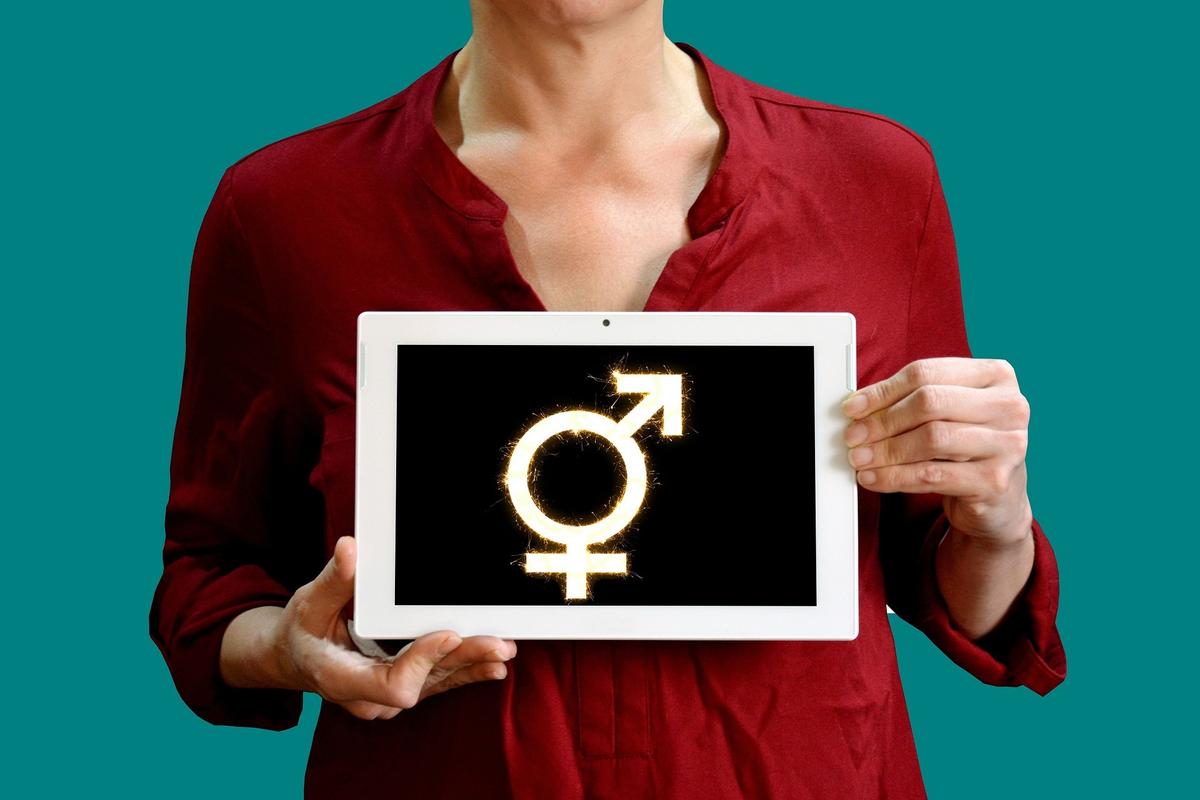By Milan Polák
Mr. Polák won third place in the B category in the LEAF Academy Essay Competition alongside Adam Zich. He chose the topic "Slovakia and gender equality: where do we stand?". He studies at the Gymnázium Pre Mimoriadne Nadané Deti grammar school in Bratislava.
Just like the oppression and injustice towards women in the society itself and the gradual assignment of traditional gender roles, the concept of gender equality in its earliest forms dates back thousands of years. However, it was not until the 19th century that aspirations for emancipation of women became widespread in the industrialised nations of Europe, North America and Australasia. What united woman of all countries in this time period was the suffrage movement, which aimed for the universal right to vote to be guaranteed to all, regardless of gender. In the Czechoslovak Republic, this was finally achieved in the Constitution of 1920. But this was solely the beginning; the struggle continues, even in developed countries where feminism already is of long tradition.
Nowadays in Slovakia, as in most other developed countries, discrimination based on gender is legally prohibited in all fields. This means that, for example, no one can be denied a job application or earn a lower salary at the same position with the identical past experience just because they are a woman. However; the de facto situation is hardly so equal and without major problems as it may seem. Most of the aforementioned anti-discriminatory policies are often quite difficult to enforce in real-life situation. As such, it often happens that young men are indeed preferred by companies seeking for employees over their female peers (because young women are far more likely to take years off of work in parental leave, besides other reasons), or that they get paid significantly less – the gender pay gap is a real problem! Let us not even touch the proportion of women in leading positions and amongst business owners, which is significantly lower than that of men. But why is all this the case?
First of all, even after the centuries of struggle for equality, the mainstream society has, by far, not yet achieved an equal view and treating of the both genders. Most occupations are still informally segregated according to gender roles – for example, nurses are expected to be women, while corporate managers are expected to be men. But this absolutely should be about the personal qualities of every individual and not about what path society expects one to follow because of their sex or gender! As a matter of fact, jobs chosen by women have, on average, a lower salary and less attractive career development opportunities. Maybe if the majority of school teachers were men, the job would be seen as more important or lucrative and, accordingly, would get paid better…
The point is: yes, it is true that direct discrimination has been outlawed, but it stays engraved in society in forms that are difficult to fight against. In other words, we all have equal rights, but what we absolutely do not have are equal opportunities. Young girls are being raised to have different, rather modest ambitions compared to boys, and our labour market is adapted to this disparity. Apart from that, women are, in most cases, the ones expected to forego their careers in order to take care of the children; this often makes logical sense, because the man is statistically likely to be the one earning a better living in the couple.
But it is not the job market what this is all about. For example, women are also far more likely to be victims of domestic violence – something that only has to do with their gender, and that must not happen in an equal society we should aspire to reach one day. Furthermore, in fact, it has to become clear that it is not solely the women who suffer from the impacts of sexism and gender inequality: the lives of all men would also certainly improve without unnecessary prejudices connected to gender roles.
But what is to be done in order to improve the situation for a common better future?
The first thing which, in my opinion, has to change as soon as possible is actually quite simple: awareness must be spread. It must be communicated, to the wide masses but also to the politicians who possess decisive roles in the country’s governance, what issues are still present and what possibilities there are to combat them. For a lot of people, the “struggle for equality” seems to be a past subject that is not relevant anymore, so the more the topic is covered in mainstream media or in the societal discourse, the better for its future development. As we can already see today, legislative changes often do not fulfil their full potential if the people’s attitude remains sexist and unjust.
In conclusion, both genders in Slovakia have already enjoyed de iure equality for decades, but gender-based discrimination has yet to cease to exist. I believe that reaching full gender equality is indeed necessary in order to live in a better society, without prejudices and without differences which have no reason to exist and should not have their place anymore in the 21st century. It is essential that everyone gets the exact same opportunities from the exact same starting point as other people; gender must not be a factor.
The English Essay Competition is organised by LEAF Academy, an international boarding high school in Bratislava. The competition is open to all Slovak students from primary and secondary schools who are passionate about writing in the English language.

 "I believe that reaching full gender equality is indeed necessary in order to live in a better society." (source: Pixabay)
"I believe that reaching full gender equality is indeed necessary in order to live in a better society." (source: Pixabay)